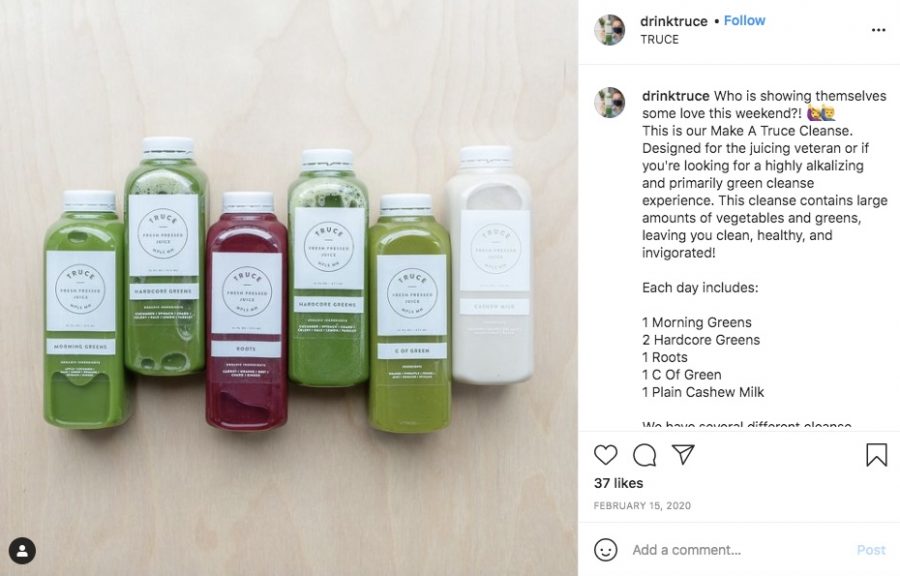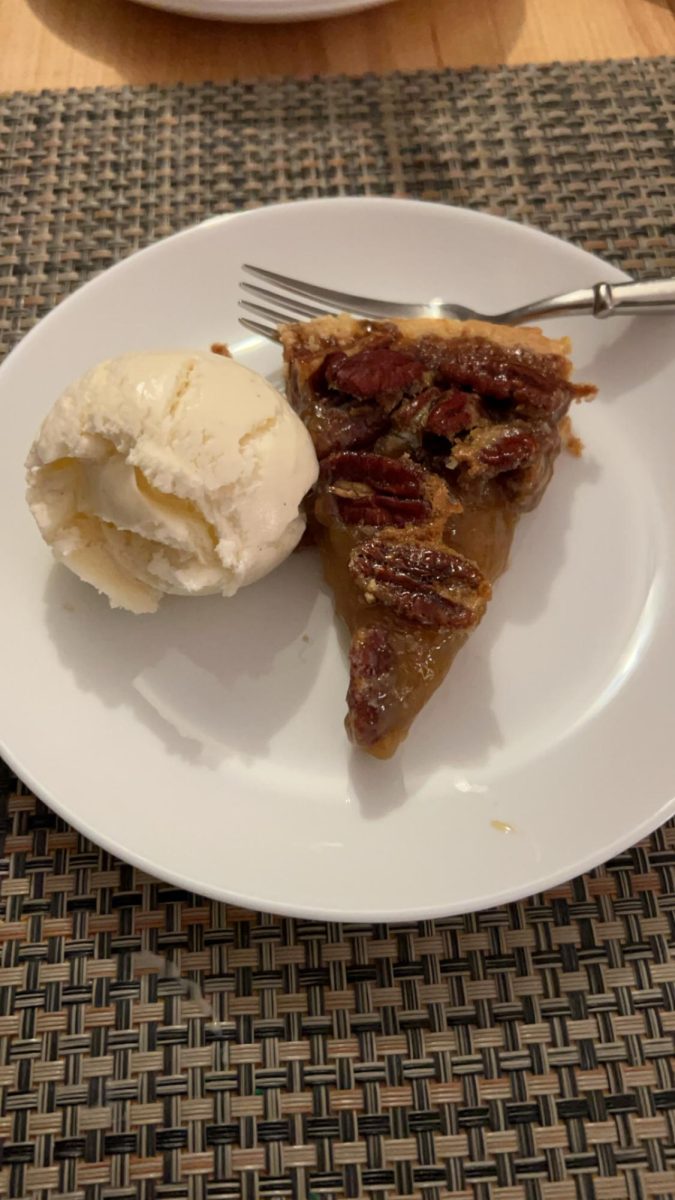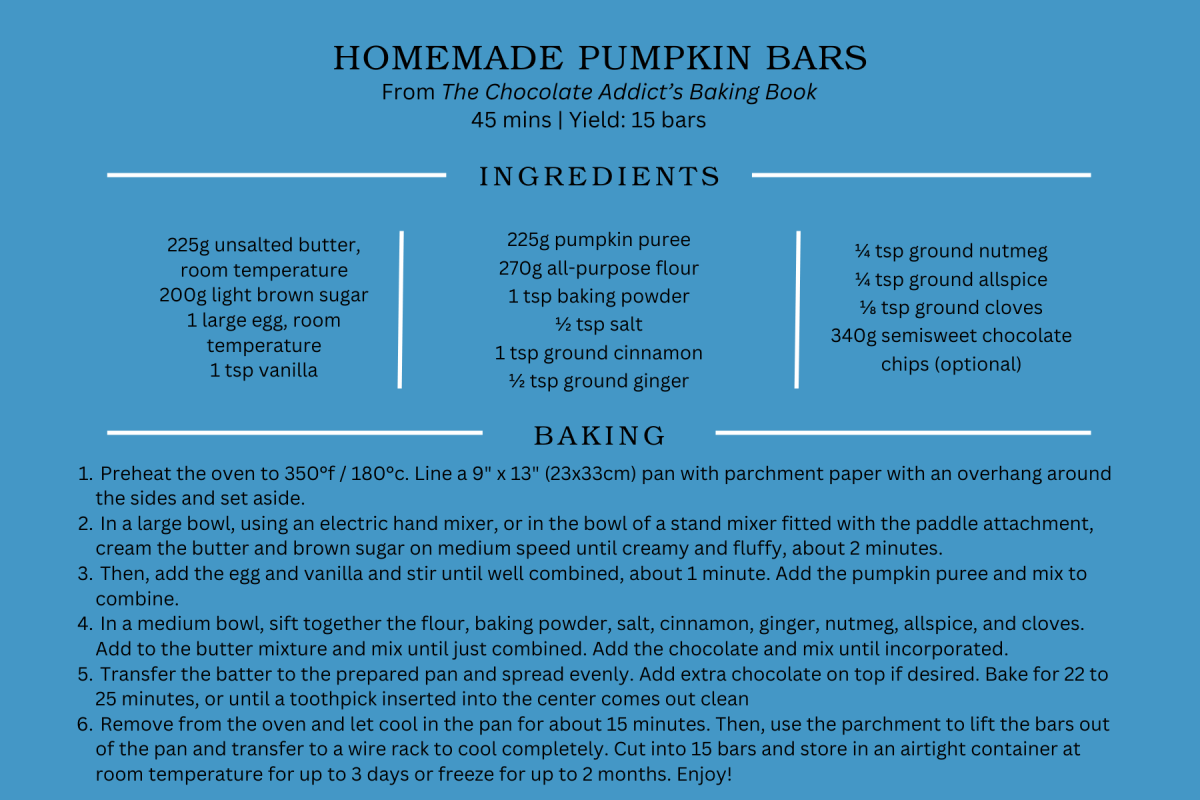In January of 2020, my dad and I decided to try a juice cleanse for the first time, mostly out of curiosity. We did no research but settled on the “Take it Easy” 2 day cleanse from Truce Juice in Minneapolis. The cleanse included 4 juices per day along with a salad for the second day. We started out hopeful, with messaging on Truce’s website that a cleanse will leave us feeling energized, detoxified, and fresh. That couldnít have been farther from the truth.
Day 1 was okay: I felt hungry but not overly tired or irritable, though some of the juices were too gross to drink. Some of the low-lights included: about 12 oz of ginger, lemon, and apple juice, and an appalling mixture of grapefruit, orange, pear, cucumber, romaine, greens, burdock, parsley, and dandelion juice. Dandelion!
By the middle of the second day, I was tired, grumpy, and ready to be done. My dad and I agreed that it was the dumbest thing we’d ever done. It left me with questions about why juice cleanses would ever be a popular choice. Diet culture is infamously creative in its fabrication of questionable programs that claim to be the quickest and easiest way to lose weight.
However, juice cleanses have existed apart from stereotypical diet fads because they were marketed as detoxifying and rejuvenating, not plainly for weight loss.
In reality, there’s nothing about consuming only juice that helps your biological detoxification systems work any smoother. In fact, since you are depriving yourself of fiber and other nutrients that eating regular non-juice food provides, youíre probably hurting the digestive and detox process more than youíre helping it. So, the extreme health angle that the juice cleanse market employs is, for the most part, inaccurate and misleading.
I would not recommend a juice cleanse, and definitely not Truce Juice, since they closed in December of 2020. I wonder why?







